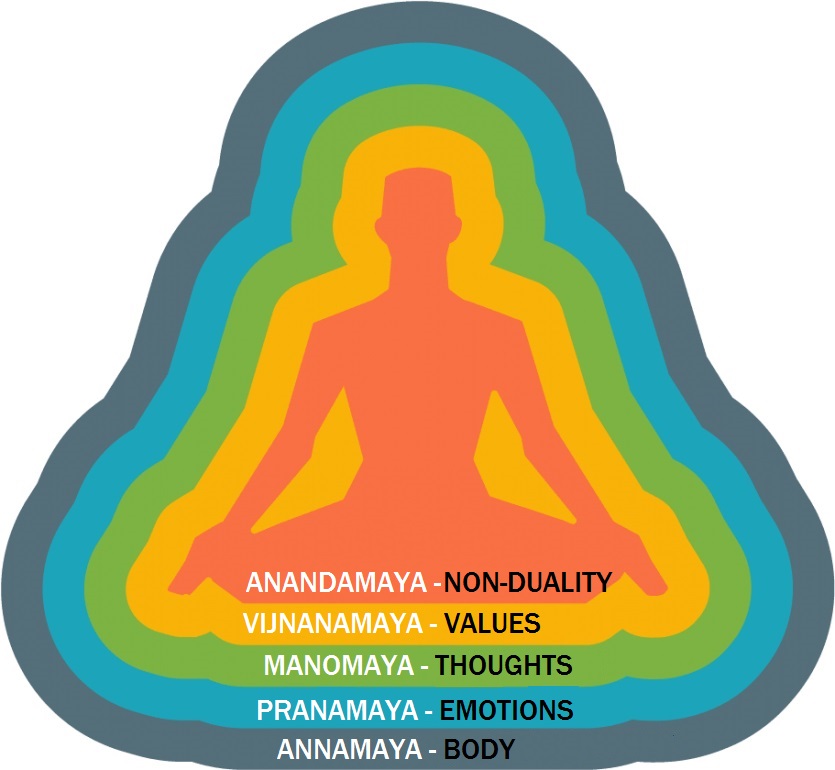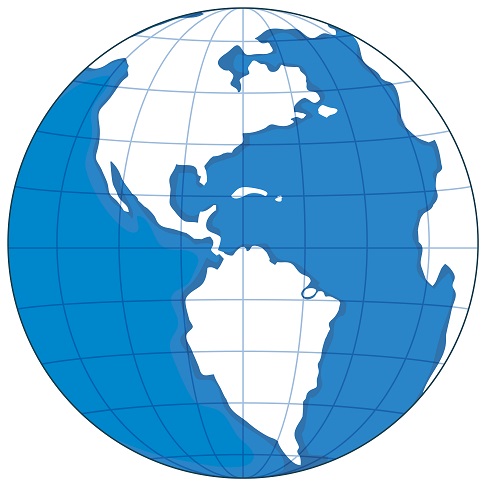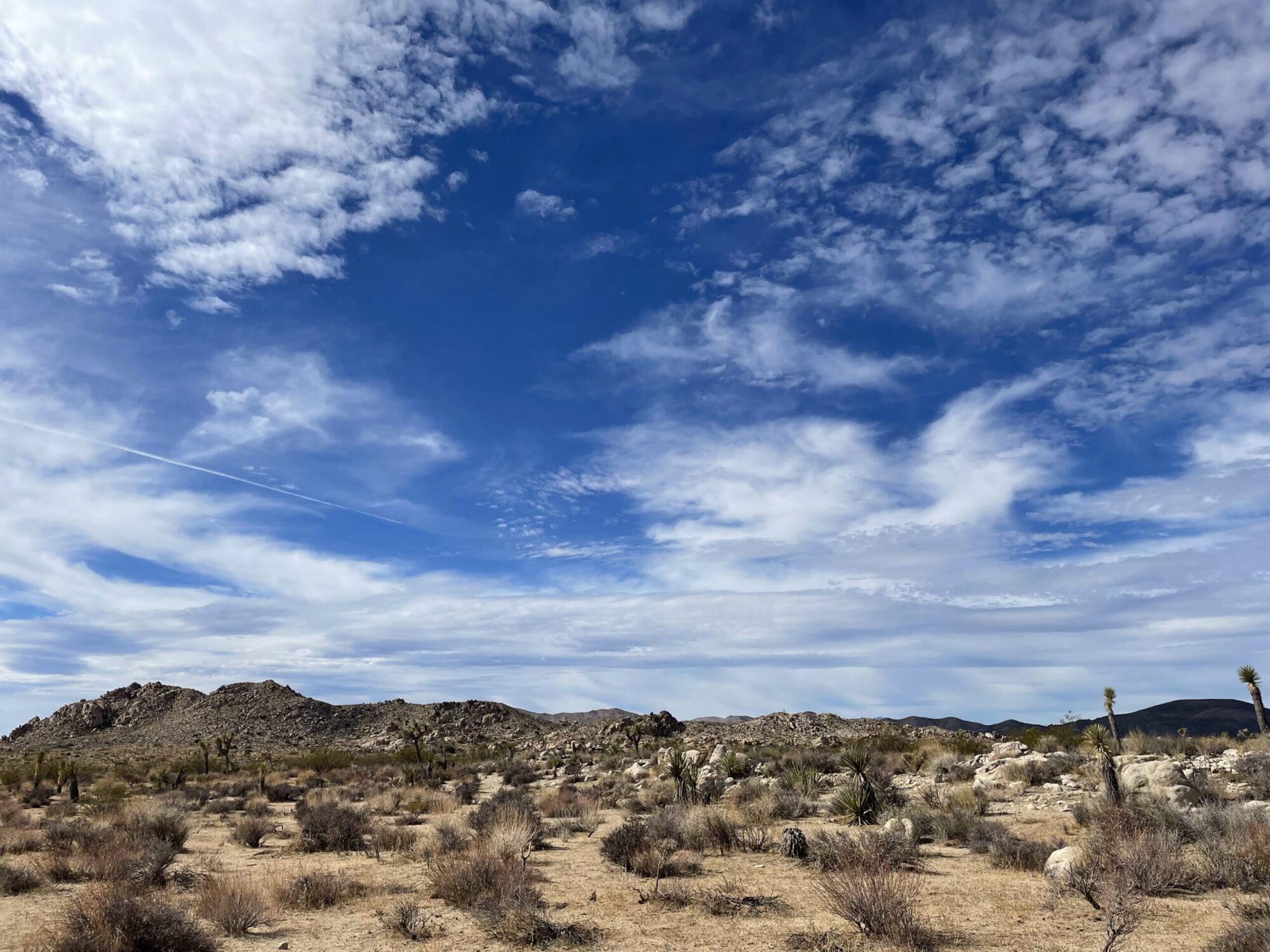WHY MEDITATE?
“In the world you will have tribulation; but have courage, I have conquered the world.” (John, 16:33). OK, so you and I have not yet overcome all of life’s tribulations like Jesus and Buddha did. When facing these things we sometimes need a reprieve, a time to calm down and feel OK again. Meditation can do that. A walk on the beach, in the forest, across the desert, or under the stars can do that too.
Sometimes that’s not enough. We are calm but we are disturbed. We feel confused, unsettled and lack confidence. What are we doing anyway? When faced with such existential questions, meditation can open the door to clarity. A pilgrimage, vision-quest, or therapy can do that too.
But the one thing even deeper than all that, which ultimately requires you to face yourself alone in silence, is growing to understand who you truly are. We are so much more than the stories of what we do, where we were, who we know. We are part of Nature, not just a product of it. In order to go beyond our sense of self into a greater understanding of what it means to be a sentient being, we have to learn how to wake up and be more conscious. This is jhana and doesn’t make sense until you experience it. I find the koshas of Yoga and jhanas of Buddhism to be helpful in describing our situation.

KOSHAS AND JHANAS
There is only one thing and it never changes. Then what is all this thermodynamic suffering? What is this ‘me’ that I think I am? I have layers and each layer is unsettled. But like Patanjali said, “Yogah citta vrtti nirodhah” Yoga is the cessation of fluctuations in the field of perception (Yoga sutras I.2). So too, meditation is the cessation of the fluctuations of all the koshas — the whole self. That complete cessation is like a phase transition between daily life consciousness and the perfectly effortless blissful non-dualistic consciousness of jhana.
Buddha described 9 levels of jhana between daily-life consciousness of the human realm of being and the non-existence of nirodha-samapatti (temporary nirvana). As we meditate each week, we strive to allow ourselves to awaken into the first 4 (rupa/form jhana), which is enough as Tau Sing once said at a Chapel Evening with Spirit. Those signposts as you go deeper are:
- pathamajjhana: separate from all disturbances, you cannot be disturbed
- dutiyajjhana: focused on one experience, you cannot be distracted
- tatiyajjhana: merged, you are no longer experiencing it, only it is there
- catutthajjhana: settled beyond distinctions like pain and comfort
WORLD-VIEW

Perhaps because of our frontier history in the US, we’re very eclectic and generally insist on what we believe rather than simply accepting everything our team tells us. I’m no exception, a product of my native culture. Here are specifics of how I’ve selected from my areas of expertise to form a consistent world-view:
Science: I don’t think everything can be figured out. Some things have to be experienced to be known, and even then, we may not yet understand. Also: proof is not necessary for truth, it just allows us to share it. I see science as an individual process.
Physics: Physics often relies on the reductionist theorem that says all complex systems can be perfectly explained through an understanding of their components. Quantum Mechanics combines parts in a pairwise interconnected way, but I also believe that there are some emergent epi-phenomenon that can only be understood by studying them directly.
Yoga: I don’t follow the specific prescriptions of the ancient Vedas. But Patanjali’s more recent sutras line up for me.
Ashtanga: I’m not a traditionalist in that I don’t practice asanas 6 days a week, avoid every moon day, or rely on specific asanas to heal the prescribed parts of my body (e.g. kukkutasana to cure excess phlegm).
Psychic: Most go to a psychic to know what choices to make. This can be an addiction and dereliction of one’s personal responsibility. Developing one’s psychic sensitivity is an individual process that simply helps you see more of the world, including yourself.
Spiritualism: Many practices focus on demonstrations of an afterlife, in various religious contexts. My interest here is not the proof, but rather the process of reincarnation. I suppose there could be a collective unconscious into which we dissolve and reform at death and birth, but I see a simpler explanation to be that we maintain our individuality from life to life.
Buddhism: The Mahayana turning of the wheel in part relies on asking for help through prayer. I think we have to lift ourselves up, regardless of how much help we receive. Of course, lovingkindness is the bodhisattva ideal, and naturally arises as we mature.
Meditation: People meditate for many reasons including pain management, recovering one’s calm, to help think clearly, or even to feel spiritual. These reasons and many techniques are only preliminary to awakening and becoming more conscious in one’s life. We may reach it during meditation in satori, regular jhana, or merging into non-duality, but then we stand up into our daily life and find there’s a lot more work to be done.
